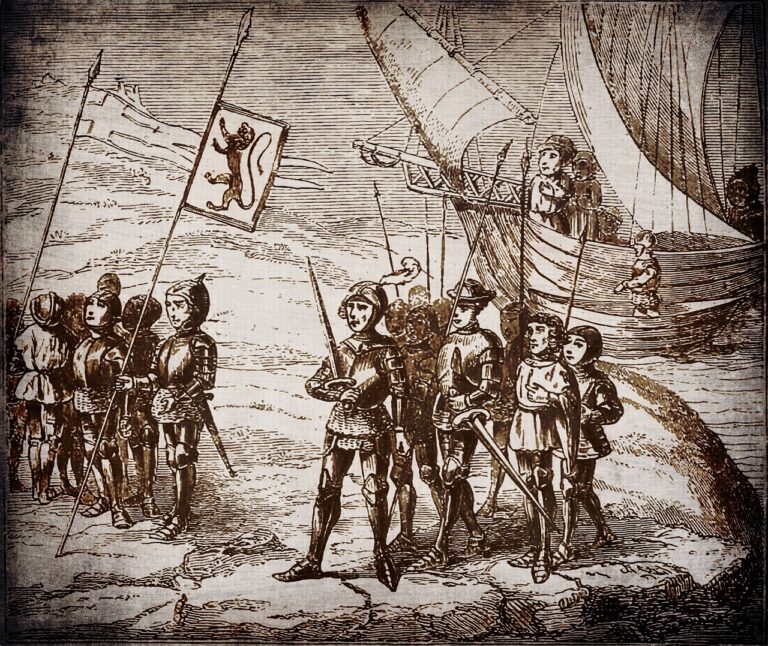The Psychology of Wanderlust: Understanding the Urge to Travel
Wanderlust, a term that encapsulates the innate desire to explore and experience new places, has its roots deeply embedded in human history. From the nomadic tribes of ancient civilizations to the early explorers of distant lands, the urge to travel and discover the world beyond one’s immediate surroundings has been a fundamental aspect of the human experience.
The origins of wanderlust can be traced back to our ancestors’ necessity for survival and adaptation to ever-changing environments. The drive to seek out new territories, resources, and opportunities for growth was essential for the progress and development of early societies. Over time, this instinctual urge evolved into a more complex emotional and psychological longing for adventure, novelty, and self-discovery that we now recognize as wanderlust.
• The urge to travel and explore new places has been present in human history for centuries
• Early civilizations relied on exploration and discovery for survival and growth
• Wanderlust has evolved from a necessity for survival to a desire for adventure and self-discovery
The Role of Dopamine in Travel
Dopamine, often dubbed the “feel-good” neurotransmitter, plays a crucial role in the experience of travel. When we explore new places, try different foods, or engage in novel experiences, our brain releases dopamine, leading to feelings of pleasure and excitement. This surge in dopamine levels not only enhances our mood but also fuels our sense of adventure and exploration.
Moreover, dopamine is responsible for reinforcing positive behaviors and memories associated with travel. When we visit a new destination, dopamine is released as a reward mechanism, encouraging us to seek out similar experiences in the future. This explains why travelers often feel a sense of wanderlust and an insatiable desire to discover new places, as dopamine continuously motivates us to seek out novel and rewarding experiences through travel.
The Connection Between Wanderlust and Personal Growth
For many individuals, the urge to explore new places and cultures goes beyond a simple desire for leisure. The experience of travel can often act as a catalyst for personal growth and self-discovery. Stepping out of one’s comfort zone, whether it be by embarking on a solo journey or immersing oneself in an unfamiliar environment, can bring about profound changes in perspective and mindset.
Through venturing into the unknown, individuals are presented with opportunities to challenge their preconceived notions, expand their horizons, and confront their fears. The act of navigating through foreign landscapes and navigating unfamiliar customs fosters adaptability, resilience, and open-mindedness. As travelers encounter diverse ways of life and encounter new challenges, they are forced to confront their own limitations and biases, ultimately leading to a deeper understanding of themselves and the world around them.
What are the origins of wanderlust?
Wanderlust is believed to have originated in Germany in the early 20th century and is a strong desire or impulse to travel and explore the world.
How does dopamine play a role in travel?
Dopamine is a neurotransmitter that is released in the brain when we experience something new and exciting, such as traveling to a new destination. It is responsible for the feelings of pleasure and reward that we associate with travel.
How does wanderlust contribute to personal growth?
Wanderlust can contribute to personal growth by exposing us to new cultures, experiences, and perspectives. It pushes us out of our comfort zones and challenges us to adapt to unfamiliar situations, ultimately leading to personal development and self-discovery.





